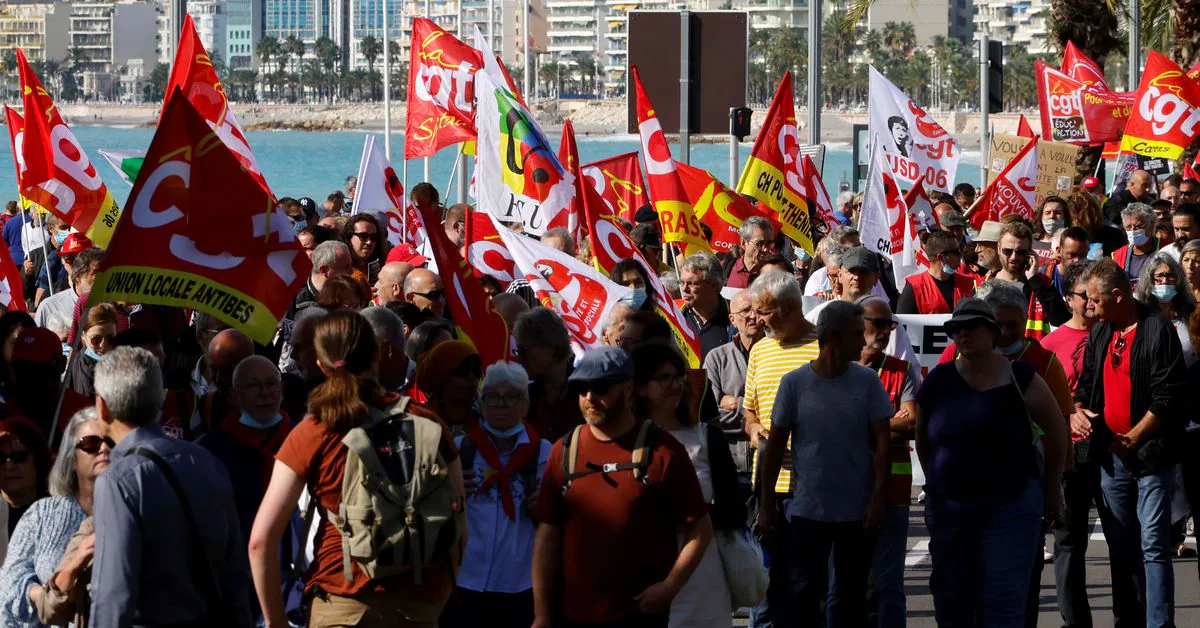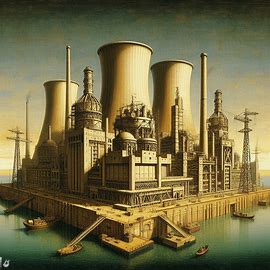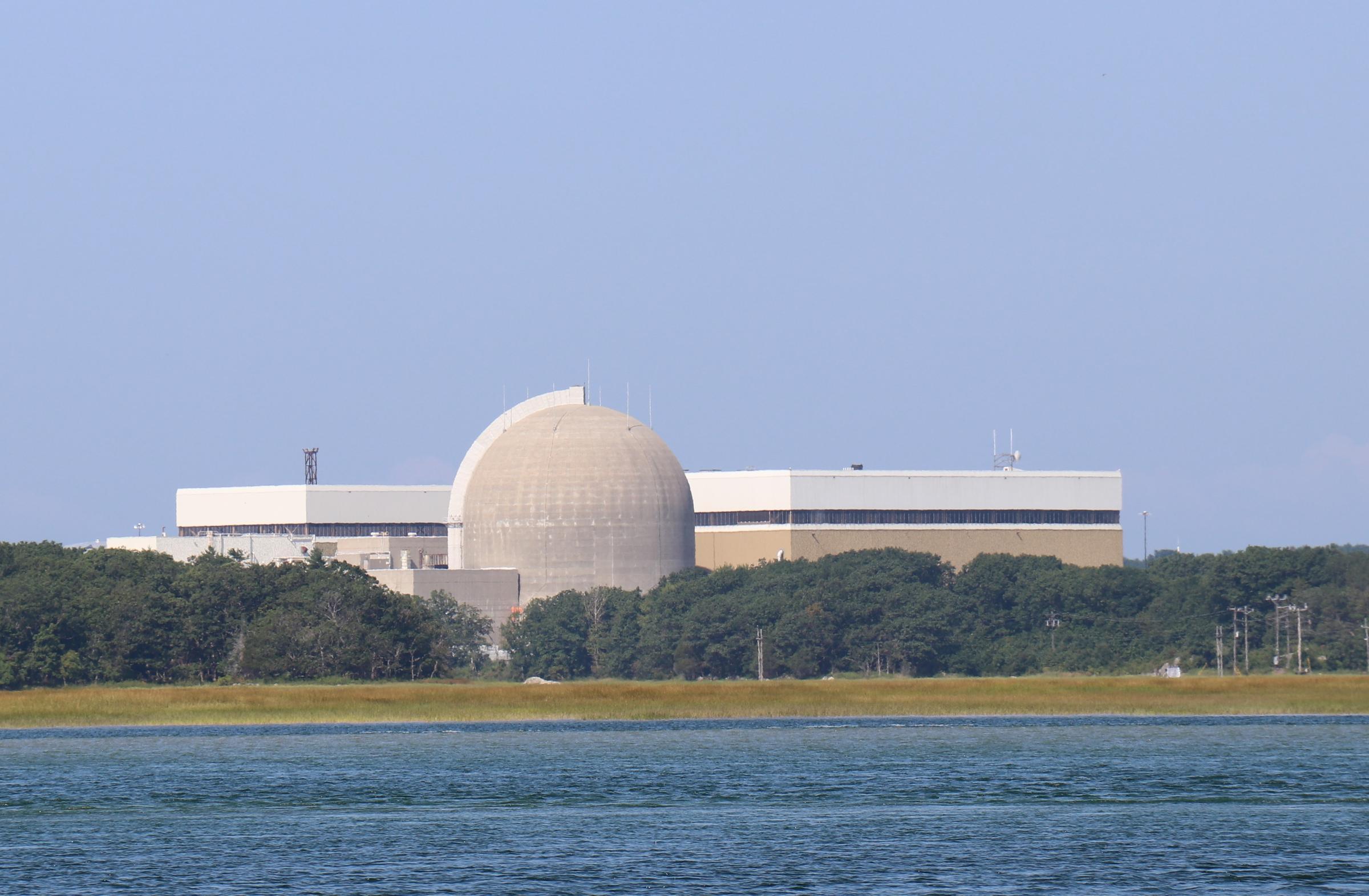
In the heart of the picturesque landscapes of France, a tempest is brewing within the power sector. The looming threat of a strike, initiated by the powerful French energy and mining union FNME-CGT, has cast a shadow over the nation’s energy stability. Set to commence on January 14, the strike arises from failed negotiations on pay between the unions and the formidable power company Electricité de France (EDF). As the frosty grip of winter tightens across the country, the stakes are high, and the outcomes of this impending conflict could resonate far beyond the confines of the power industry.
Background: The Struggle for Fair Wages
The genesis of this tumultuous saga lies in the unresolved issue of fair wages for the workers in the French power sector. Negotiations between the unions and EDF reached an impasse on Monday, pushing the unions, led by the FNME-CGT, to declare their intention to strike. As the French populace braves the cold weather, the rallying cry for a salary increase echoes through the union corridors.
Sophie Binet, the general secretary of the hard-line CGT union, boldly asserted on FranceInfo, “It is time to organize a strike to win a salary increase.” These words encapsulate the sentiments of the workforce, underscoring their determination to secure a better financial future.
The Path to Conflict: Failed Negotiations
Efforts to avert the impending strike faltered when negotiations between the unions and EDF proved unfruitful. The specifics of the failed talks remain veiled, and EDF has yet to officially comment on the situation. The lack of consensus has fueled the unions’ resolve, propelling them toward the precipice of industrial action.
Details of the Strike: Unraveling in the Coming Days
The next crucial step in this unfolding drama will be the staff meetings set to take place over the next several days. These meetings will play a pivotal role in determining the intricate details of the planned strike – its duration, scope, and the extent of disruption it may inflict upon the power sector and the French populace.
EDF’s Response: Silence Amidst the Storm
As the unions prepare for battle, EDF has remained conspicuously silent. The absence of an immediate comment from the power giant raises questions about the company’s stance and strategy in the face of the impending strike. The potential consequences of EDF’s response, or lack thereof, could significantly impact the course of events and influence public perception of the conflict.
Weathering the Storm: Cold Weather and Nuclear Availability
Adding complexity to the situation is the cold weather currently gripping France. LSEG data indicates that the cold spell is expected to ease in the coming days, offering a brief respite. However, temperatures are projected to linger below average for January. In this meteorological context, the timing of the strike holds significance, as the power sector faces the dual challenges of industrial unrest and weather-related strain.
French nuclear availability, a crucial metric in gauging the nation’s energy resilience, stood at 86% of capacity on Tuesday. This statistic introduces an additional layer of complexity, as the potential strike threatens to impact not only the workforce and the company but also the broader energy landscape of France.
As France stands at the crossroads of a potential power sector upheaval, the looming strike underscores the delicate balance between labor rights, corporate interests, and the nation’s energy security. The outcome of the impending conflict remains uncertain, with the negotiations’ failure and the unions’ unwavering determination setting the stage for a decisive showdown. The French populace, bracing for both the chill of winter and the potential disruptions in power supply, awaits the resolution of this high-stakes drama that transcends the boundaries of the power sector and resonates with broader societal implications.





